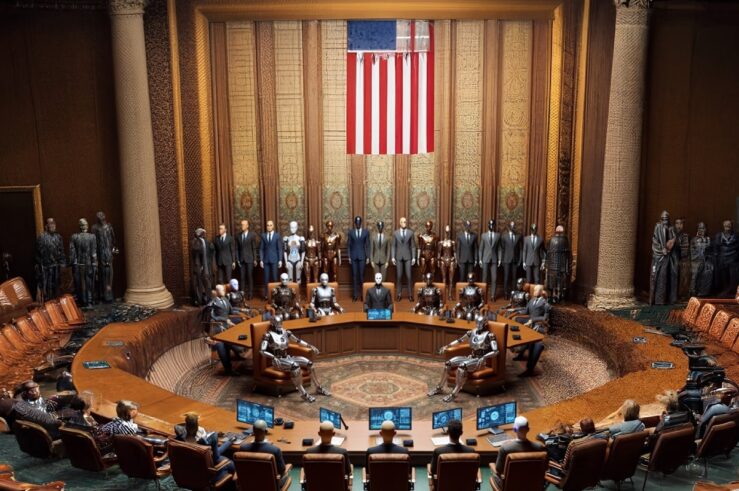Walter Olson has been posting on a Colorado plan to give bonuses to prosecutors based on conviction rates. His latest post on why this is a bad idea says “[v]ery similar logic helps explain the historically prevailing ban on contingency fees for lawyers in most Western legal systems.”
Actually, this is worse.
First, there’s a problem of measuring the value of prosecutors’ output. As discussed in the current version of my draft paper Agents Prosecuting Agents:
Designing incentive compensation for prosecutors presents significant challenges. Even in private law firms in which lawyers produce a clear financial output in the form of fees, there is controversy over whether billable hours or lockstep seniority-based compensation provides the best overall incentives. The compensation design challenge is greater for prosecutors because there is no measure of the value of prosecutorial efforts. Obviously a simple metric such as number of prosecutions would skew incentives, in that it may induce prosecutors to ignore the social costs of misguided prosecutions. One author has proposed compensation based on convictions of charged crimes with deductions for findings of prosecutorial misconduct [citing Tracey L. Meares, Rewards For Good Behavior: Influencing Prosecutorial Discretion & Conduct With Financial Incentives, 64 Fordham L. Rev. 851, 901-02 (1995)]. However, this could skew incentives toward, for example, undercharging defendants and over-caution [citing Stephanos Bibas, Rewarding Prosecutors for Performance, 6 Ohio St. J. Crim. L. 441, 449 (2009)]. On the other hand, tests that try to take more factors into account would be very costly to apply [id at 447].
Second, getting the incentives wrong has really bad consequences with respect to prosecutors. Unlike other trial lawyers, whose output is disciplined by the adversary process, my article points out that prosecutors wield significant power to thwart this process. Among other things, prosecutors can threaten defendants and potential defense witnesses with significant loss of liberty — a threat that is far more intense than anything a civil lawyer can throw at a defendant. The revolving door into politics and white collar crime defense already tempts prosecutors into over-zealotry.
There’s a lot of worry going around about how financial rewards tempt corporate executives and bankers into bad behavior. It would be very odd if we cared less about perverse incentives for people who have power over human liberty and even life.




